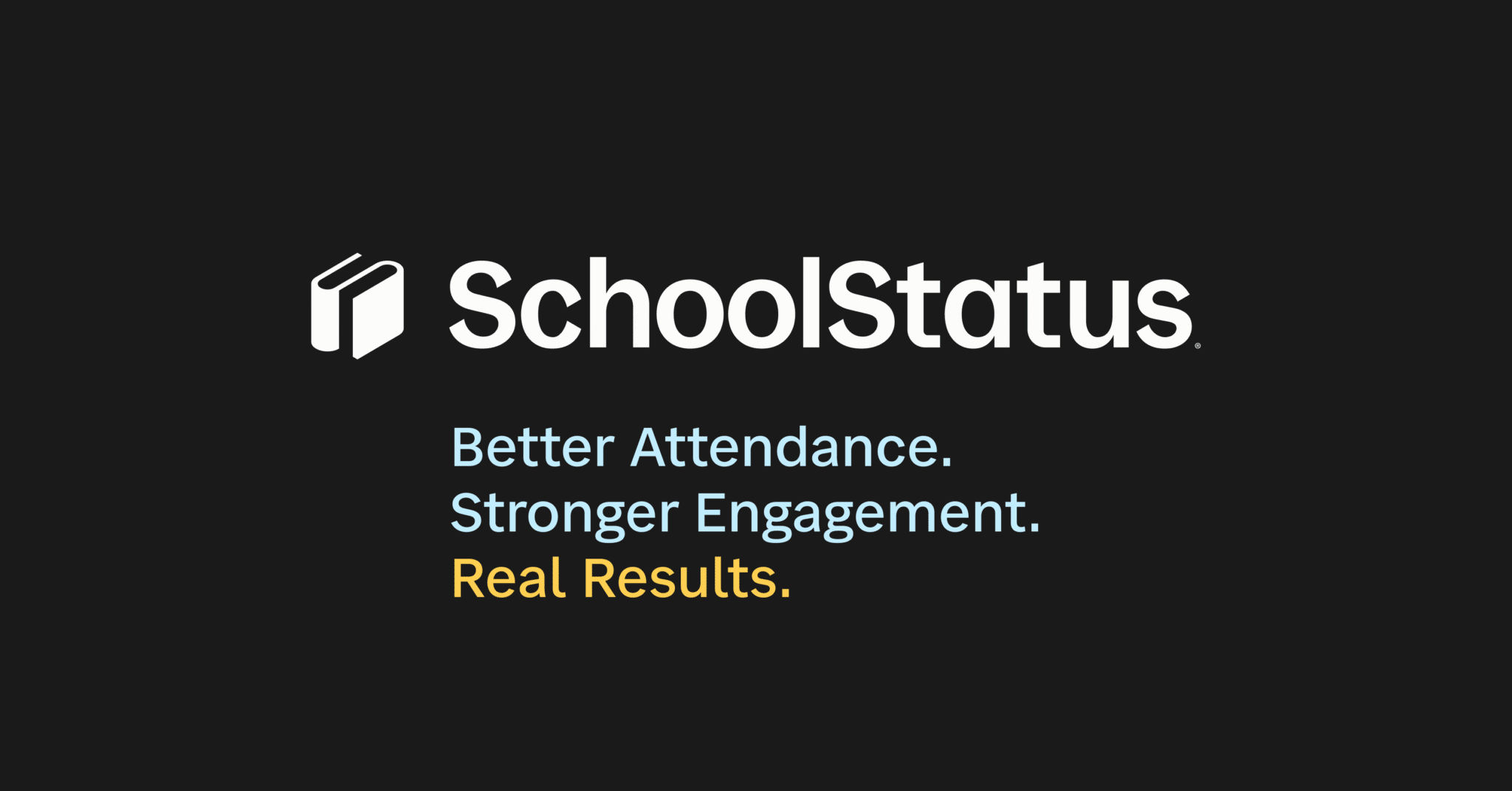Politico’s recent piece “Rating Teachers Not As Easy As 1, 2, 3” does a solid job of reporting on the landscape of teacher evaluation right now. In sum, despite all the rancor—or because of it—very little is happening:
Teachers union pressure, error-riddled evaluations and a wave of more difficult tests for students have won many teachers a reprieve from the newfangled evaluations during the school year now getting underway.
Specifically, Arne Duncan allowed states another year to tinker with standardized tests so value-added measures are fair and reliable. But other changes have already been implemented:
Six years into the Obama administration, most states have made big changes. Evaluations are more frequent and far more complex. Principals must often conduct several highly detailed classroom observations of each teacher each year. Some districts also include factors such as a teacher’s absentee rate, feedback from parents and students and peer review by colleagues. Objective measures of student learning—often, test scores—frequently account for 25 percent to 50 percent of the teacher’s evaluation.
Certainly, some of these changes constitute progress. To wit, previously “evaluations were often infrequent and superficial. The principal might walk into a classroom, check a few things off a checklist and make sure the classroom was under control.”
In fact, our friends at Bellwether recently published a report explaining that while states are all over the map on value added measures, some progress has been made, albeit inconsistently, on other aspects of teacher evaluation. Unfortunately, Bellwether argues, much of this progress has stalled.
Upon finishing the Politico piece, a reader would be excused for thinking that the situation is much worse—that no progress has been made at all, that this is an irreparably damaged system. But let’s not miss the forest for the trees.
We at TeachBoost happen to know for a fact that very positive developments are happening nationwide. We work with schools and districts across the country in which instructional leaders are fostering innovation among their faculty, master educators are mentoring novice teachers, and teacher evaluation is genuinely believed to be an opportunity for growth, as opposed to a punitive compliance measure.
We don’t take a position on the particular issues discussed in the Politico piece, though we know them to be important. Our platform supports districts in implementing whatever evaluation system they have. Still, we do hold fast to one idea: high-quality feedback, collaboration among educators, and growth-focused dialogue are essential to improved teaching and learning.
We hope legislators, lobbyists, and voters keep our philosophy in mind as well. However the legislation shakes out, we need systems that:
- promote growth rather than stifle it;
- allow districts to develop master teachers and build collaborative cultures;
- enable districts to go beyond mere compliance, pursuing better teaching and learning instead.
It’s possible. We’ve seen it.










